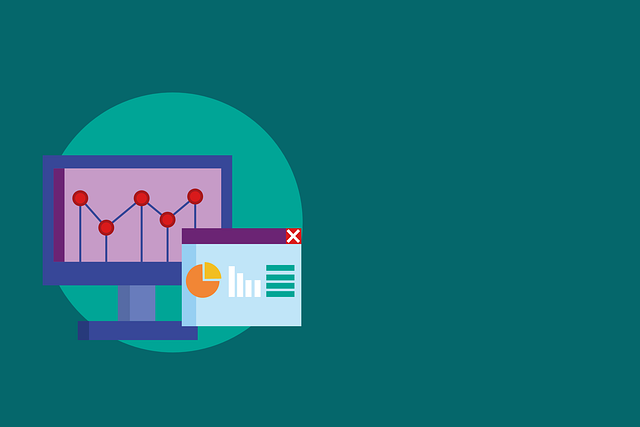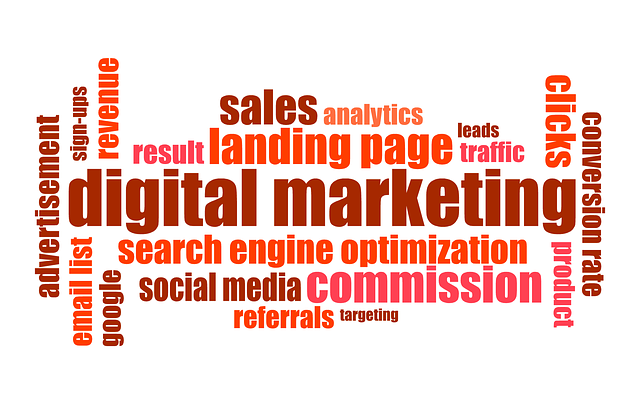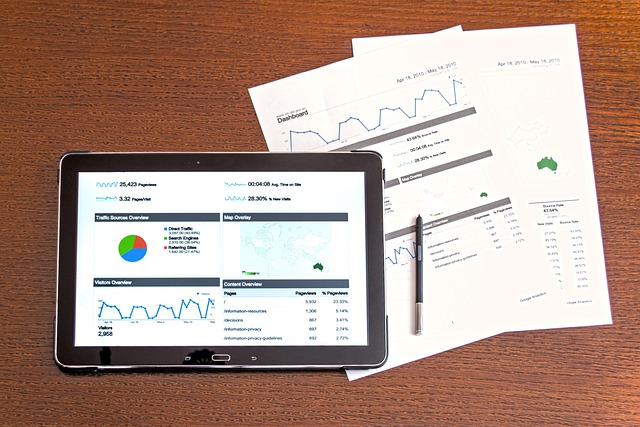AI Business RPA is transforming routine tasks across industries, including food & beverage, through high-speed, accurate automation like AI dietary preference tagging. These engines categorize vast datasets of consumer preferences, enabling personalized products and services, boosting customer satisfaction, and providing a competitive edge. Implementing and optimizing this process requires strategic data analysis, task mapping with ML algorithms, continuous optimization based on performance metrics, and regular assessments to address bottlenecks, ensuring solutions remain aligned with strategic goals.
In today’s digital era, Artificial Intelligence (AI) is transforming businesses by streamlining processes through Robotic Process Automation (RPA). This article delves into the intricacies of AI business RPA, exploring its potential to revolutionize operations. We focus specifically on the role of AI dietary preference tagging engines in enhancing RPA capabilities. Furthermore, it provides insights into implementing and optimizing AI-powered RPA solutions, offering a comprehensive guide for businesses aiming to harness this game-changer technology.
- Understanding AI Business Robotic Process Automation (RPA)
- The Role of AI Dietary Preference Tagging Engines in RPA
- Implementing and Optimizing AI-Powered RPA Solutions
Understanding AI Business Robotic Process Automation (RPA)

AI Business Robotic Process Automation (RPA) is a game-changing technology transforming how businesses approach routine, repetitive tasks. By leveraging artificial intelligence, RPA engines can automate processes with remarkable accuracy and speed, from data entry to order fulfillment. This not only enhances operational efficiency but also frees up human resources to focus on more strategic initiatives.
One key aspect of AI RPA is its ability to integrate with existing systems and adapt to evolving business needs. AI dietary preference tagging engines, for instance, can automate the categorization and sorting of vast amounts of data related to consumer preferences, ensuring that products and services are tailored to individual needs. This level of customization not only improves customer satisfaction but also provides a competitive edge in today’s dynamic market.
The Role of AI Dietary Preference Tagging Engines in RPA

AI dietary preference tagging engines play a pivotal role in enhancing Robotic Process Automation (RPA) efficiency, particularly within food and beverage industries. These advanced algorithms analyze vast datasets to accurately categorize and tag dietary preferences, such as gluten-free, vegan, or low-calorie options. By seamlessly integrating with RPA systems, they streamline the process of managing complex customer orders, ensuring accurate production and packaging.
This technology not only improves order fulfillment accuracy but also reduces human error and operational costs. With AI engines handling dietary preference tagging, RPA bots can make informed decisions while interacting with inventory management systems and recipe databases. As a result, businesses can offer personalized products, meet diverse consumer demands, and maintain high standards of quality and safety in food production.
Implementing and Optimizing AI-Powered RPA Solutions

Implementing and optimizing AI-powered Robotic Process Automation (RPA) solutions involves strategic steps to ensure maximum efficiency and effectiveness. The process begins with meticulous data analysis, where businesses identify repetitive tasks suitable for automation. By leveraging AI dietary preference tagging engines, organizations can categorize and prioritize processes based on their complexity and impact, ensuring targeted automation efforts. This initial phase is crucial for successful RPA integration.
Once identified, tasks are mapped onto robotic process automation tools, which utilize machine learning algorithms to mimic human actions. Continuous optimization involves monitoring performance metrics, refining algorithms, and retraining models to adapt to evolving business needs. Regular assessments help identify bottlenecks and areas for improvement, ensuring the AI-powered RPA solutions remain agile and aligned with strategic objectives.
AI Business Robotic Process Automation (RPA) is transforming the way we approach repetitive tasks, enhancing efficiency and productivity. The integration of AI dietary preference tagging engines within RPA solutions further optimizes processes by automatically categorizing data based on specific criteria. By implementing these advanced technologies, businesses can streamline operations, reduce errors, and focus on strategic initiatives. As RPA continues to evolve, embracing these innovations ensures organizations stay competitive in today’s digital landscape.
